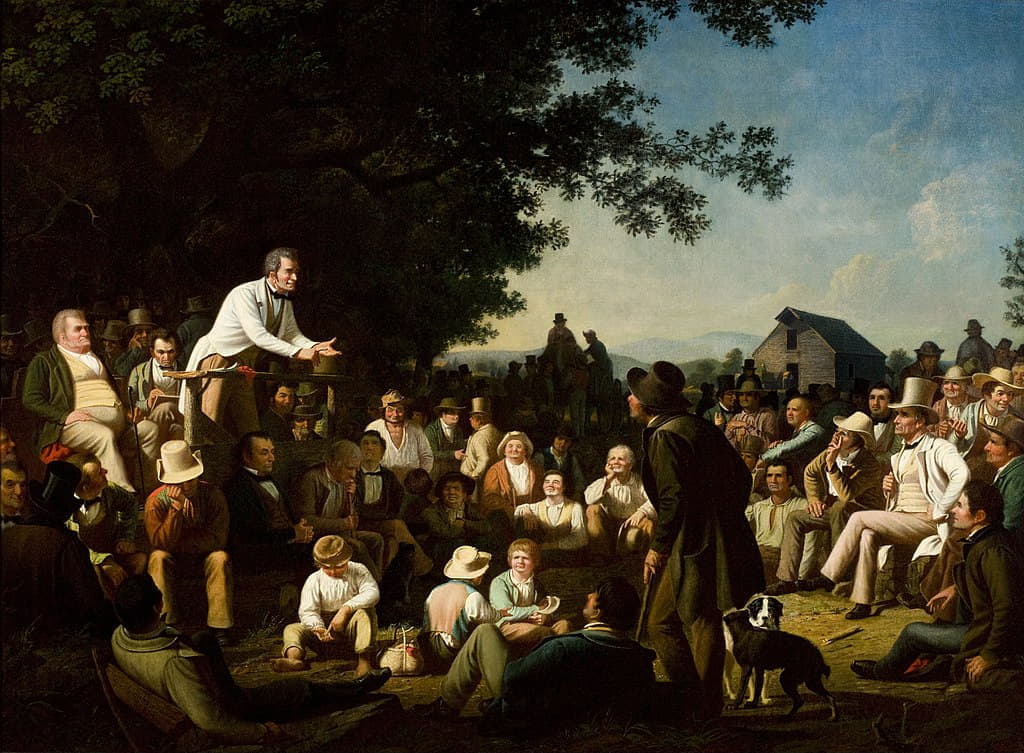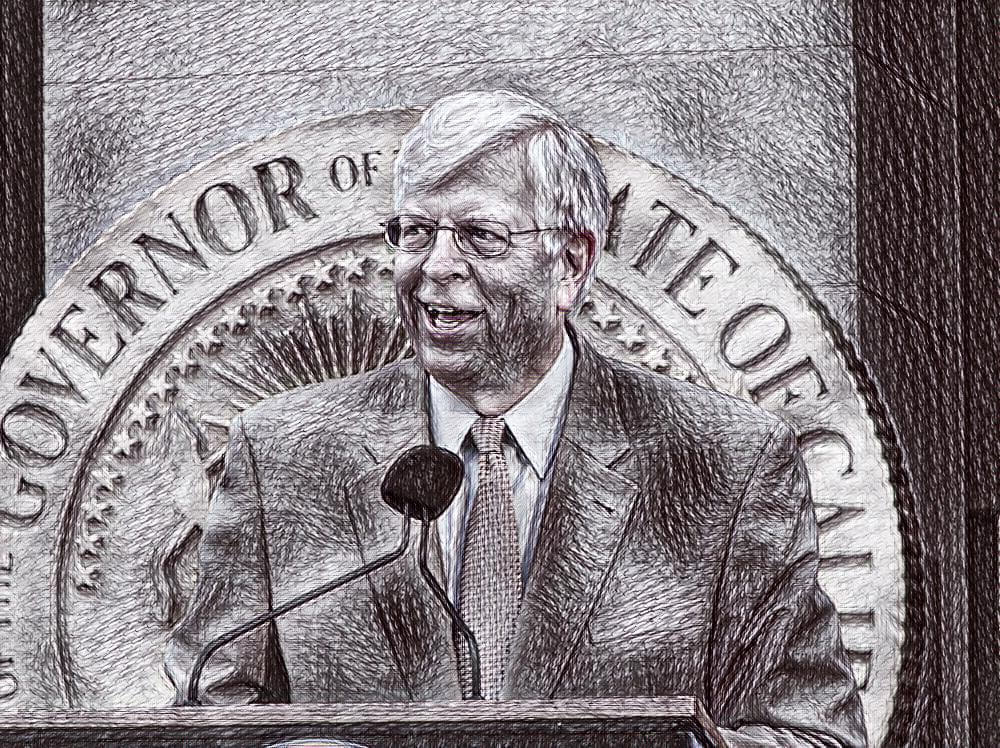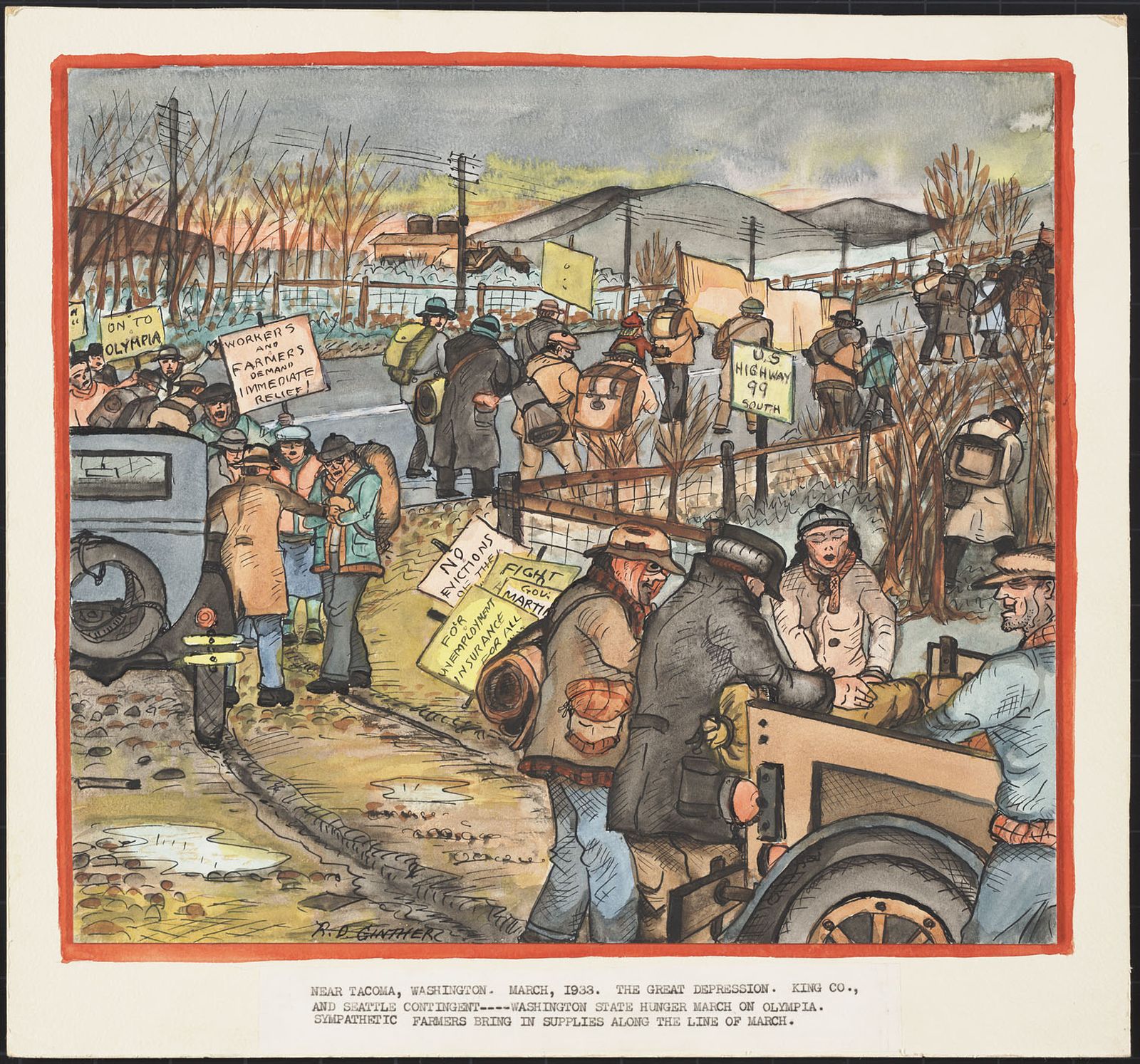I recently received this message over the transom from a disaffected reader of mine who shall remain anonymous. It was sent to a friend of mine, I received it indirectly from her. This writer was not a happy camper. (You young pups, if you don’t know what a transom is, or its significance look it up.)
Here is the message: “Did he (that is, me, Block) say, for example, that there is an ‘optimal level of rape in every society?’ I don’t know, that’s one example someone shared with me. To illustrate relative harms, did he write, for example, that a parent could justify giving one’s young child up for sexual acts with an adult benefactor to save their life? I am not making any judgements about these claims, their philosophical merit, or whether they fairly represent what Walter said (or didn’t say). If he did say and write these things there may have been good reasons to frame them in the way that he did. I am just reporting the responses I received when I started asking around…” (which were very negative).
This does sound horrendous. Reading in between the lines, it can be construed as attributing to me the view that I favor rape and child molestation. Let us consider each of these charges in turn.
Of course there is an optimal amount of rape. From an ethical point of view, that amount is precisely zero. Rape is a horrendous crime, second, only, to outright murder. All men of good will must wish it to be entirely banished from the human condition. (I write at a time when this despicable crime is now being committed in Israel). It should be banished forever.
However, from an economic point of view, the optimal amount of rape is not zero. Let me explain, lest it be thought that I am now taking back what I just about this heinous crime.
Of course, there is an optimal number of rapes (murders too, ditto for all other evil vicious crimes) and the optimal number is greater than zero – from an economic as opposed to an ethical perspective. For our society to try to ensure zero rapes would take the entire GDP, and I doubt that even this herculean effort would succeed in full eradication. That is, to somehow, doubtfully, achieve this good goal would take more than all of our wealth. If we devoted all of our economic efforts to entirely ending rape, we would thus all die of starvation, cold, disease, etc. That is no way to run a railroad.
So, what, then, is the optimal number of rapes from an economic point of view?
It would be the number that would ensue if we privatized the police forces and thus employed the “magic of the market” so as to most efficiently combat this scourge. In similar manner, what is the optimal amount of cookware, or carrots, or cars? It is the quantity of each that emanates from the free enterprise system.
Under present statist institutional arrangements, the optimal number would be at the point when the full cost of stopping the marginal or last rape just equaled the harm done by this crime. This of course it totally theoretical, since none of these statistics are available to us.
Now, let us consider the second issue, allowing children to be raped in order to save their lives.
“Death before dishonor” is all well and good for adults who can chose for themselves. But guardians of children are supposed to guard them! If a guardian of a child were confronted with the choice of allowing the child entrusted to him to die, or to be raped, and he chose the former, he should be considered a criminal. And not just a slight malefactor; rather an outright abettor of murder.
I have two children, they are adults now. If I were ever faced with such a dire choice, I would unhesitatingly choose the latter. My kids could always get therapy if they were alive. If they were dead, due to my choices… well, it would never happen.
Yes, in some cultures, “Death before dishonor” is widely accepted. But justice is justice. Allowing a dependent to be put to death when the alternative was a far lesser rights violation, should be severely sanctioned. Even the Godfather, in the movie of that name, drew a sharp distinction between these two crimes rape and murder.
My first point; it is a veritable staple of the dismal science; the optimal rate of rape or any other such heinous crime, is not zero, paradoxically. The second is a basic libertarian point; the optimal amount is precisely zero. The critic cited above is not a good economist, nor a libertarian. He is an economic and an ethical illiterate.
Walter Block is the Harold E. Wirth Eminent Scholar Endowed Chair and Professor of Economics at Loyola University, New Orleans. Read more of his work on his Substack.
Featured: The Rape of Proserpina; artist unknown; painted ca. 17th century. Nizhny Novgorod Art Museum, from the collection of Fyodor Mikhailovich Kamensky (1836 – 1913).









